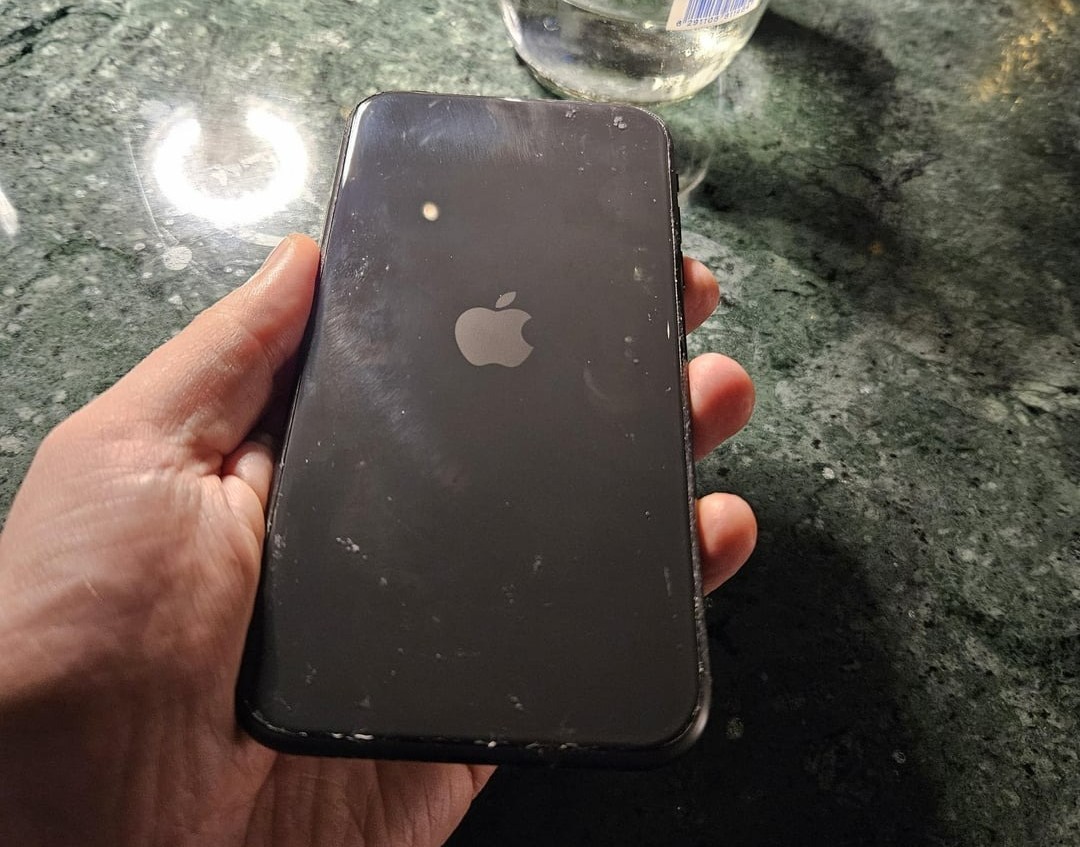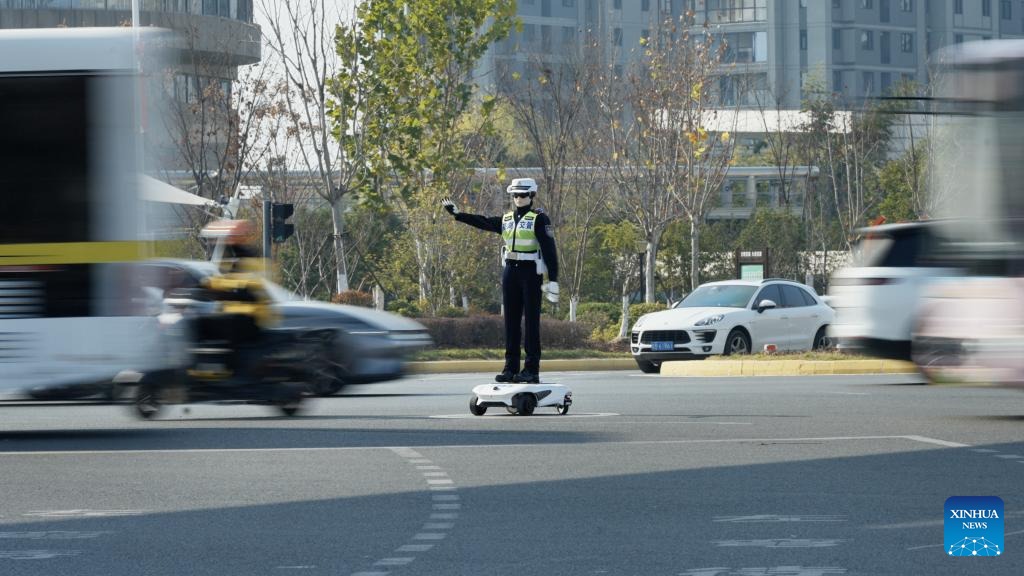Nuclear plants and military bases demand smartphones without surveillance capabilities—and specialized companies deliver.
Your iPhone‘s camera sees everything. But in some of the world’s most sensitive locations, that digital eye becomes a liability worth surgically removing.
Companies like NonCam and Mister Mobile have built businesses around a peculiar request: strip the cameras from perfectly good iPhones. These aren’t factory defects or damaged devices—they’re deliberate modifications for environments where a single unauthorized photo could compromise national security or industrial secrets.
Where Photography Becomes a Threat
Nuclear power plants operate under security protocols that would make airport screening look casual. Every person, device, and piece of equipment gets scrutinized before entering controlled areas. Your standard iPhone, bristling with multiple cameras, represents a walking security breach.
One mistaken selfie could reveal reactor layouts, security checkpoints, or classified equipment configurations. Military bases face similar concerns—smartphones that can capture and instantly transmit sensitive information simply don’t belong near classified operations.
The Surgical Solution
Apple doesn’t manufacture camera-less iPhones, so specialized firms purchase retail devices and perform digital surgery. The process involves completely removing camera modules, sensors, and related hardware, then installing custom housings without camera cutouts.
Software modifications disable any remaining camera-related functions, creating devices that look like iPhones but can’t capture images. It’s like performing a lobotomy on your phone’s most essential feature—precise, permanent, and surprisingly common.
Beyond Nuclear and Military
The customer base extends beyond obvious high-security sectors. Oil and gas facilities worry about industrial espionage—competitors would love photographs of proprietary equipment or processing techniques.
Some educational institutions with government contracts require camera-free devices in certain areas. Simply covering the lens won’t suffice; security protocols demand physical removal. These environments treat cameras like contraband, and half-measures invite violations.
The Business of Blind iPhones
Mister Mobile offers reversible camera removal, particularly valuable for military personnel who need functioning cameras during civilian life. NonCam provides conversion kits and pre-modified devices, treating camera removal like any other aftermarket modification.
The irony isn’t lost: in an age where phone cameras keep improving dramatically, entire industries pay premium prices to eliminate them entirely. These modified devices reveal technology’s ultimate adaptability—even Apple’s most camera-centric product can serve markets that view photography as an existential threat.




























